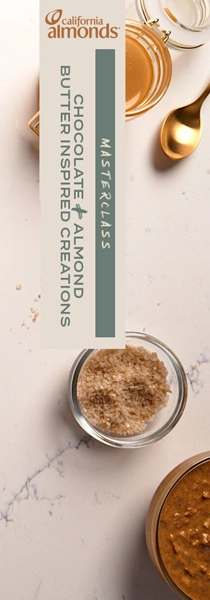
- Industry news
Industry news
- Category news
Category news
- Reports
- Key trends
- Multimedia
- Journal
- Events
- Suppliers
- Home
- Industry news
Industry news
- Category news
Category news
- Reports
- Key trends
- Multimedia
- Events
- Suppliers

Eight months after its merger in the marketplace, Deutsche Milchkontor (DMK) presents a positive picture and will launch into 2012 with ambitious plans.

Feb 3 2012 --- Successful picture for Deutsche Milchkontor (DMK) in 2011, Germany's largest dairy company expects a turnover of around 4.5 billion euros. This represents an increase of half a billion euros compared to the two pre-merger companies NORDMILCH and Humana. With an after-tax profit of around 20 million euros, the company's equity ratio exceeds 30 percent.
In March 2011, NORDMILCH and Humana, Germany's largest dairy companies, merged to form the new DMK Group. "We are very happy with the operating results for the first months," confirms Dr Josef Schwaiger, Chief Executive Officer. "The milk price for 2011 - a key performance indicator - was around 4 eurocents above the 2010 annual average at more than 34 cents per kilo. Our stated objective is to be permanently better than average". Since the costs of the merger and the upcoming new factory structure concept were already incorporated in last year's balance sheet, Dr Schwaiger sees the affirmation here of the company's performance capabilities, and significant potentials for 2012.
Strategic direction pays off
According to Dr Schwaiger, the reason for the new company's flourishing ratios lies in DMK's long-term strategic direction. Even in past years, the pre-merger companies focused on the future, taking a foresighted view of market developments. In reaction to declining domestic markets and response to the opportunities offered by growth markets in non-EU countries, DMK invested systematically in sales and built new structures, particularly in the area of international markets. The objective: to develop into the promising future growth markets outside the European Union. "That kind of thing takes time. Our specialist employees now have contacts in the relevant markets. We are opening a sales office in China in the first half of 2012 to significantly increase turnover there. Further steps in this direction will follow," says Dr Schwaiger.
The company also takes a clear position with its widely diversified structure. In addition to the extensive field for the marketing of fresh dairy products, the Group owns a number of subsidiaries with their own distribution channels. The most recent example is DMK Eis GmbH, which was carved out of the Group in January of this year. DMK also features health (sanotact) and baby food (Humana) as further special areas. According to Dr Schwaiger, "The divisions can develop more effectively as independent companies with a strong Group in the background. From the Group's point of view, we expect this approach to deliver promising future value creation opportunities for milk-based raw materials".
With regard to cooperative organisation in dairy companies, Dr Schwaiger calls for increased cohesion: "Our work in the cheese sector has demonstrated the potential that lies in bundling volumes. This is also the route to follow in marketing 'white line' products, i.e. fresh dairy products, and in exports".












